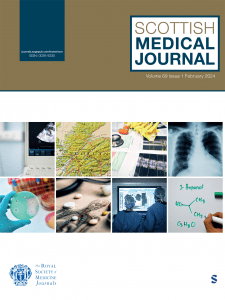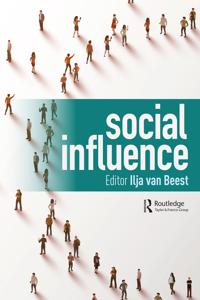JAMA Pediatrics has retracted a controversial 2023 paper on the incidence of long COVID in children after the authors discovered a raft of “coding” errors in their analysis that greatly underestimated the risk of the condition.
The article – a research letter titled “Post–COVID-19 Condition in Children” – was written by a group of researchers in Canada led by Lyndsey Hahn, of the University of Alberta, in Edmonton. It has been cited eight times, according to Clarivate Analytics’ Web of Science, and garnered significant attention on mainstream and social media sites, including by critics who said the authors fatally botched the definition of long COVID.
According to the authors, the incidence of long covid in kids was “strikingly low”, occurring in just 0.4% of young patients. Symptoms of infection in kids typically resolve within two weeks, they added.
But those reassuring findings hinged on several errors in the analysis that made the incidence of long COVID in children look less than a third of what the researchers should have reported.
Continue reading ‘Coding’ errors prompt retraction of paper on long COVID in kids









